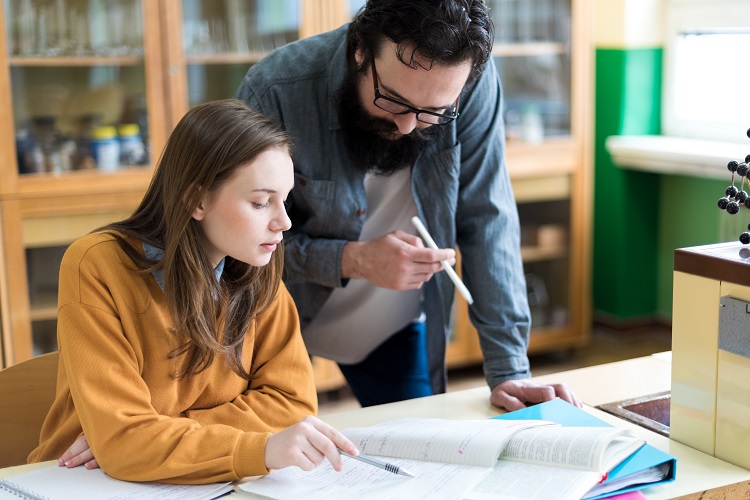Every teacher will understand that teaching non-traumatised children greatly differs from teaching children who have experienced trauma.
Trauma sadly affects a vast portion of children in Australia, with the Australian Institute of Family Studies finding that up to 40% of Australian students have been exposed to, or witness to, traumatic stressors.
With this in mind, trauma-informed teaching practice is something teachers need to constantly consider in the classroom.
It can be challenging, but observing success when practicing trauma-informed teaching can be one of the most rewarding feelings as an educator. From minor breakthroughs to seeing great results in trauma-affected students, trauma-informed teaching practice can have some really positive outcomes.
Let’s explain the basics of trauma-informed teaching practice with the experts at Anglicare Victoria.
The importance of trauma-informed teaching practice
Neurobiologically, students cannot learn at their full potential if they don’t feel safe, known and cared for at school. Traumatised children are far less likely to feel safe and cared for at school than their non-traumatised peers. This factor alone makes it so important to be informed on trauma as an educator, and to understand the best practice for handling traumatised children in the classroom.
Creating that trust
Trust is something that trauma-affected children can find so hard to establish in adults, often due to personal experiences with adults at home. Creating trust through meaningful interactions with trauma-informed children is something that, most experts agree, can make a huge difference in their learning ability.
Meaningful interactions help to establish that position of trust and respect between teachers and trauma-affected students. For some teachers, it looks like spending a few moments at the start of the school day talking to a traumatised child about their favourite topics, whether it’s the footy or their favourite TV show.
Keeping things predictable
Traumatised children respond worse to unpredictable changes than non-traumatised peers. This is because their brains create a stress response to ‘threat’ when there’s a sudden change in routine. Conversely, traumatised children are better able to thrive in the classroom when they’re given notice of unexpected changes: for example, ‘we won’t be learning on the iPads on Wednesday because the internet server is being updated’.
Sharing successful strategies with other adults
Once you have found particularly successful strategies with certain students, kindly share them with other adults – whether it’s the parents and carers, other teacher and support staff. Being specific about the ways you have found success in trauma-informed teaching ensures that other adults are providing the best level of communication, and education, to the student.
Trauma-informed education with Anglicare Victoria
Anglicare Victoria’s Meridian Youth and Family Therapy program helps traumatised children every day. The Meridian program strengthens relationships and improves family functioning while also focusing on the evolving needs of the young person. Many of the families referred to the Meridian program want to find solutions to their problems and we know that each person in the family is impacted differently when there are worries, problems or conflict and communication difficulties. Contact Anglicare Victoria to learn more about how we can assist you.



